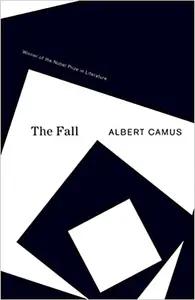The Fall
By Albert Camus
Category
LiteratureRecommended by
"The Fall" by Albert Camus is a philosophical novel that delves into the moral complexities of human existence. Set in Amsterdam, the story is narrated by Jean-Baptiste Clamence, a former Parisian lawyer.
Clamence, tormented by guilt and seeking redemption, confesses his philosophical reflections to a stranger he encounters in a seedy waterfront bar. Through his monologues, he reveals his transformation from a successful lawyer to a disillusioned man plagued by existential doubts.
Clamence discusses his experiences in Paris, where he reveled in his own moral superiority and arrogantly judged others. However, a pivotal event triggers his downfall and forces him to confront his true nature. Stripped of his illusions, Clamence searches for meaning in his life and grapples with the absurdity of existence.
As he unfolds his story, Clamence exposes the hypocrisy and fragility of society, questioning the principles upon which it is built. He examines themes of guilt, responsibility, and the consequences of one's actions, while challenging the notion of absolute truth and highlighting the subjective nature of morality.
"The Fall" serves as a philosophical exploration of human nature and the human condition. Camus masterfully crafts a thought-provoking narrative that forces readers to confront their own moral judgments and reconsider their understanding of themselves and society.
In this introspective journey, Clamence's confessions serve as a mirror for readers to reflect upon their own choices, revealing the universal struggle to find purpose and meaning in an indifferent world.
Camus captures the essence of existentialism in "The Fall," offering profound insights into the complexities of human existence, inviting readers to question their own beliefs and confront the moral dilemmas inherent in being human.
Clamence, tormented by guilt and seeking redemption, confesses his philosophical reflections to a stranger he encounters in a seedy waterfront bar. Through his monologues, he reveals his transformation from a successful lawyer to a disillusioned man plagued by existential doubts.
Clamence discusses his experiences in Paris, where he reveled in his own moral superiority and arrogantly judged others. However, a pivotal event triggers his downfall and forces him to confront his true nature. Stripped of his illusions, Clamence searches for meaning in his life and grapples with the absurdity of existence.
As he unfolds his story, Clamence exposes the hypocrisy and fragility of society, questioning the principles upon which it is built. He examines themes of guilt, responsibility, and the consequences of one's actions, while challenging the notion of absolute truth and highlighting the subjective nature of morality.
"The Fall" serves as a philosophical exploration of human nature and the human condition. Camus masterfully crafts a thought-provoking narrative that forces readers to confront their own moral judgments and reconsider their understanding of themselves and society.
In this introspective journey, Clamence's confessions serve as a mirror for readers to reflect upon their own choices, revealing the universal struggle to find purpose and meaning in an indifferent world.
Camus captures the essence of existentialism in "The Fall," offering profound insights into the complexities of human existence, inviting readers to question their own beliefs and confront the moral dilemmas inherent in being human.
Share This Book 📚
More Books in Literature
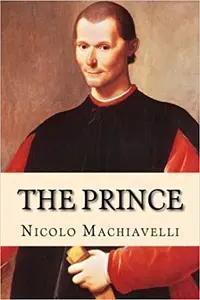
The Prince
Nicolo Machiavelli
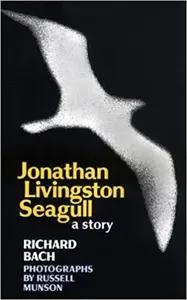
Jonathan Livingston Seagull
Richard Bach
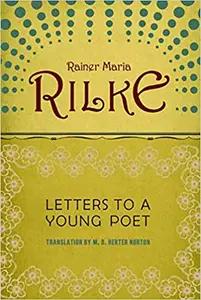
Letters to a Young Poet
Rainer Maria Rilke
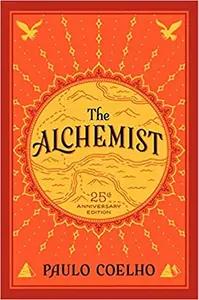
The Alchemist
Paulo Coelho
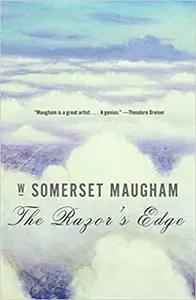
The Razor's Edge
W. Somerset Maugham
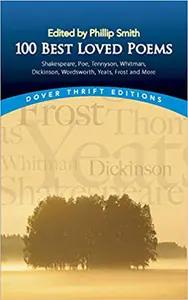
100 Best-Loved Poems
Philip Smith
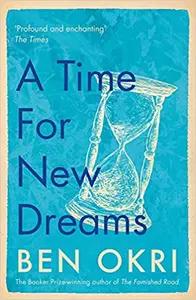
A Time for New Dreams
Ben Okri
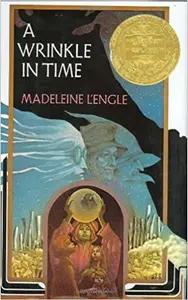
A Wrinkle in Time
Madeleine L'Engle
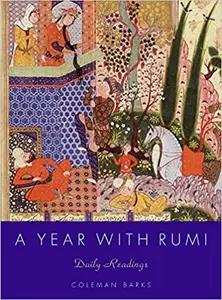
A Year with Rumi
Coleman Barks
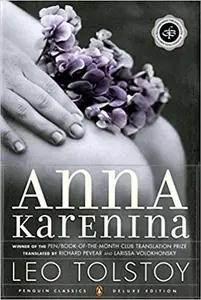
Anna Karenina
Leo Tolstoy
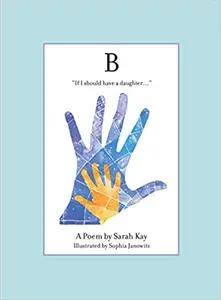
B
Sarah Kay
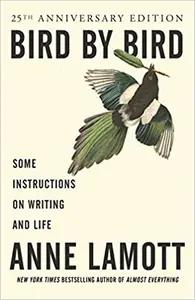
Bird by Bird
Anne Lamott
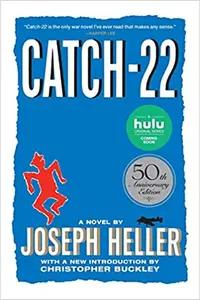
Catch-22
Joseph Heller
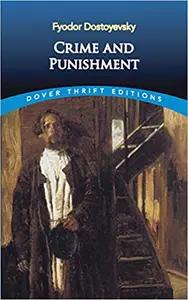
Crime and Punishment
Fyodor Dostoevsky
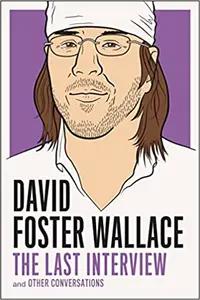
David Foster Wallace
David Foster Wallace
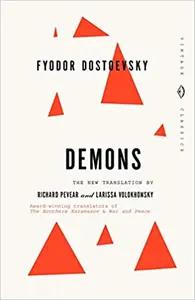
Demons
Fyodor Dostoevsky
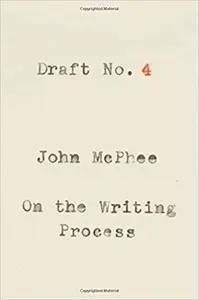
Draft No. 4
John McPhee
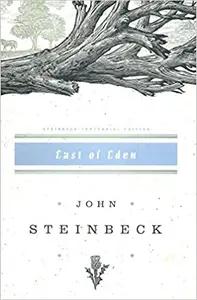
East of Eden
John Steinbeck
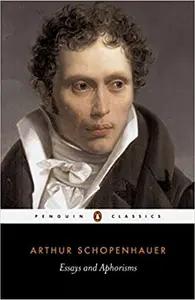
Essays and Aphorisms
Arthur Schopenhauer
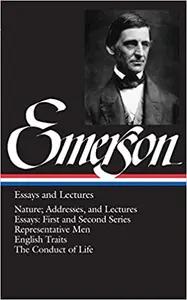
Essays and Lectures
Ralph Waldo Emerson
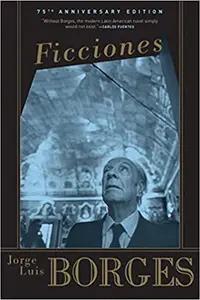
Ficciones
Jorge Luis Borges
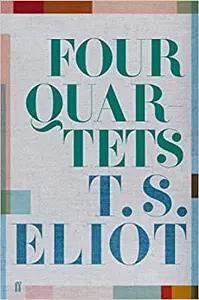
Four Quartets
TS Eliot
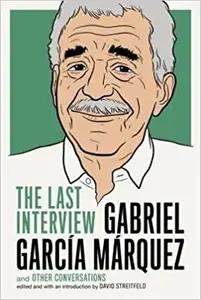
Gabriel Garcia Marquez
Gabriel Garcia Marquez
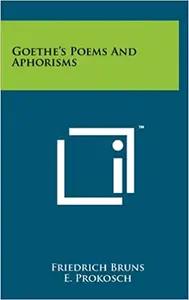
Goethe's Poems and Aphorisms
Goethe
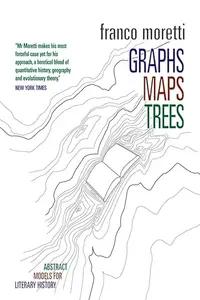
Graphs, Maps, Trees
Franco Moretti
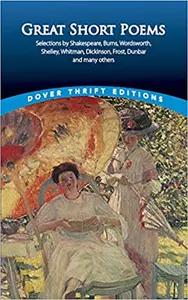
Great Short Poems
Paul Negri

Hamlet
William Shakespeare

Hyperbole and a Half
Allie Brosh
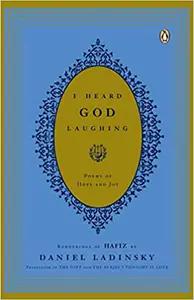
I Heard God Laughing
Hafiz
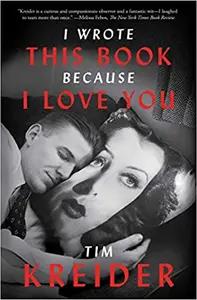
I Wrote This Book Because I Love You
Tim Kreider
Popular Books Recommended by Great Minds 📚
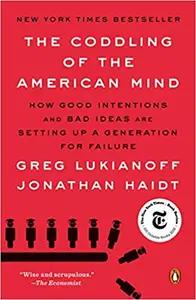
The Coddling of the American Mind
Greg Lukianoff & Jonathan Haidt
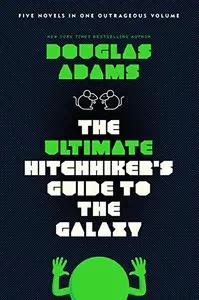
The Hitchhikers Guide to the Galaxy
Douglas Adams
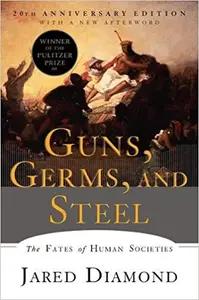
Guns, Germs, and Steel
Jared Diamond
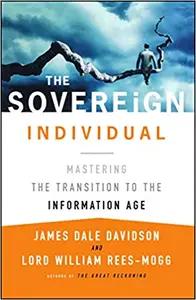
The Sovereign Individual
James Dale Davidson & William Rees-Mogg
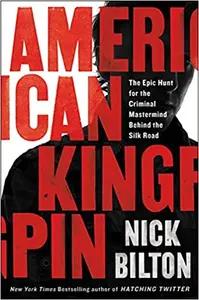
American Kingpin
Nick Bilton

Brotopia
Emily Chang
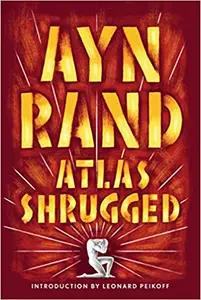
Atlas Shrugged
Ayn Rand
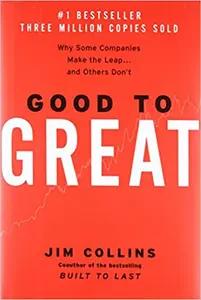
Good To Great
Jim Collins
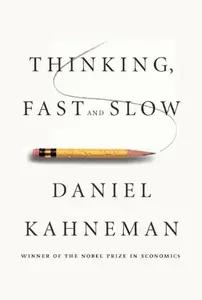
Thinking, Fast and Slow
Daniel Kahneman
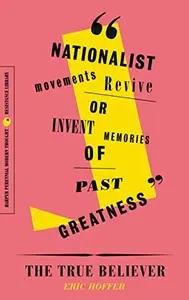
The True Believer
Eric Hoffer
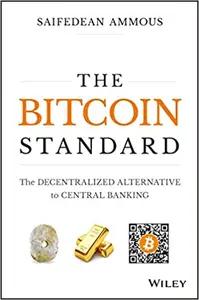
The Bitcoin Standard
Saifedean Ammous

The Innovators Dilemma
Clayton Christensen
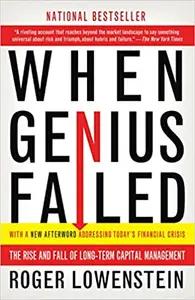
When Genius Failed
Roger Lowenstein

Shoe Dog
Phil Knight
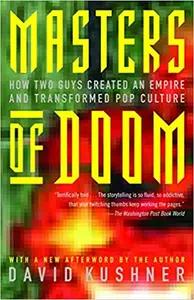
Masters of Doom
David Kushner
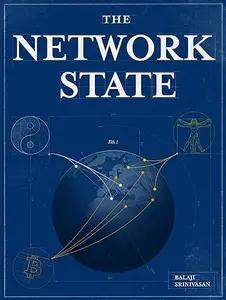
The Network State
Balaji Srinivasan
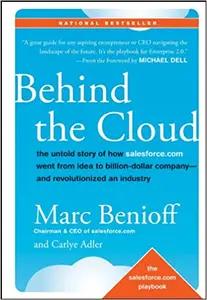
Behind the Cloud
Marc Benioff
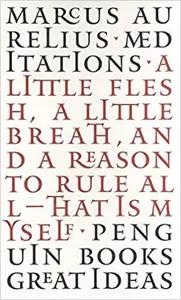
Meditations
Marcus Aurelius
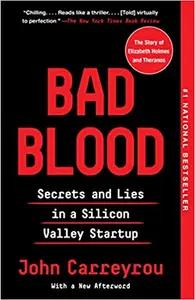
Bad Blood
John Carreyrou
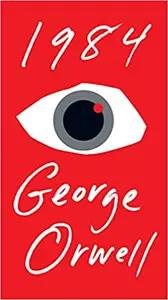
1984
George Orwell

The Prince
Nicolo Machiavelli

Titan
Ron Chernow
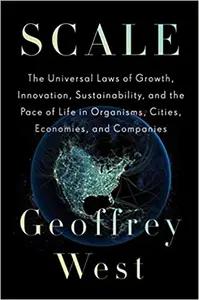
Scale
Geoffrey West
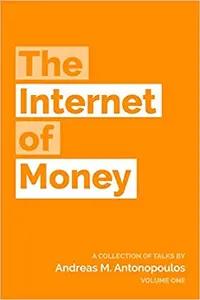
The Internet of Money Volume 1
Andreas Antonopolous
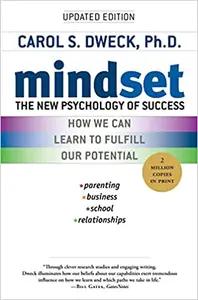
Mindset
Carol Dweck
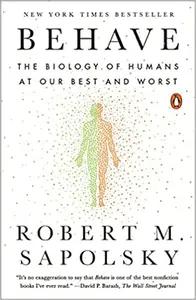
Behave
Robert Sapolsky
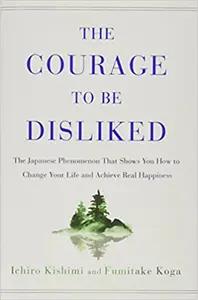
The Courage To Be Disliked
Ichiro Kishimi
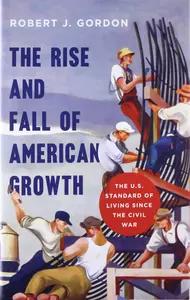
The Rise And Fall Of American Growth
Robert J. Gordon

Hillbilly Elegy
J.D. Vance
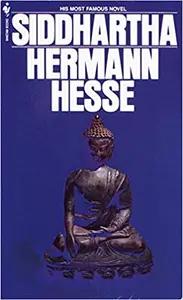
Siddhartha
Hermann Hesse
